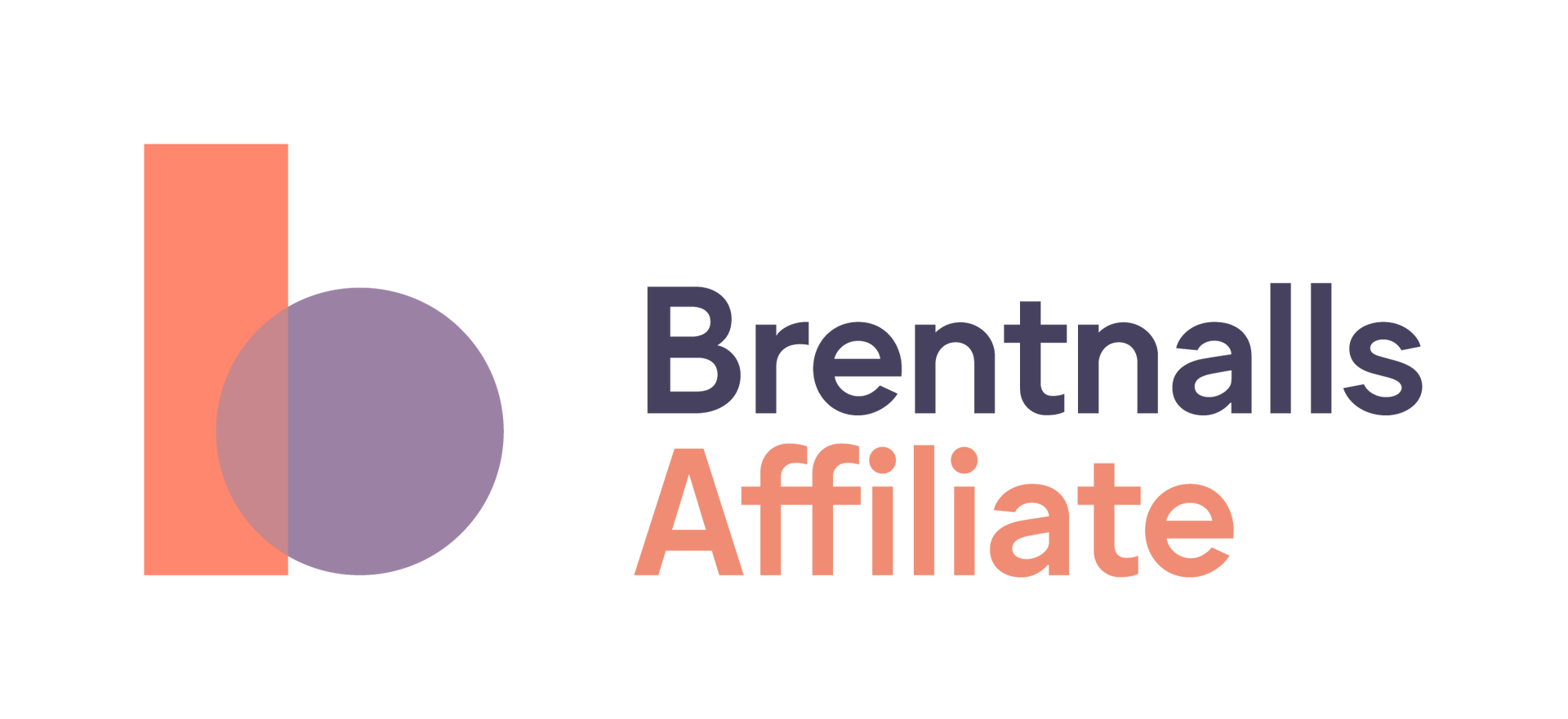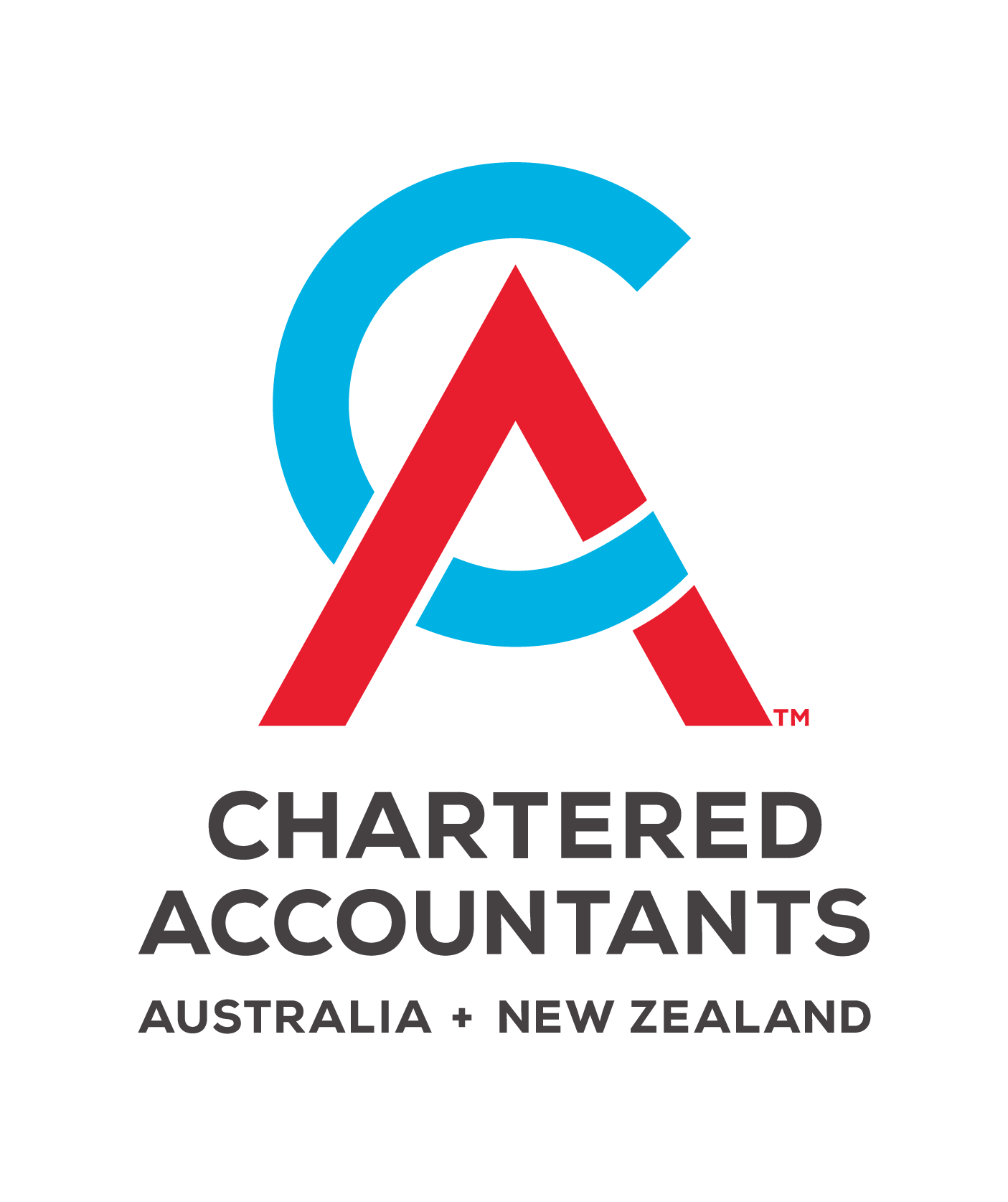News Articles
Health Industry
MyMedicare
The foundation for funding reform for general practice
By Danny Haydon, Principal/Health Division
13 November 2023

MyMedicare has been heralded by some healthcare leaders as the first step towards reforming the funding model for general practice which is currently based on the Medicare system created by the Hawke/Keating Government in 1984. While detractors consider it to be the first step towards the failed NHS capitation model implemented in the UK. Looking through the politics of funding general practice, this article investigates what MyMedicare means for your practice and your patients.
The facts
Voluntary Patient Enrolment
The MyMedicare system is voluntary and requires the patient and the practice to be willing to accept registration. Voluntary Patient Enrolment will be available from 1 October 2023, and all Australians with a Medicare or DVA card will be eligible to register with a practice. There is a requirement that the patients need to have attended the practice twice in 2 years, or once in 12 months for patients living in Modified Monash 6-7 regions.
The patient is registered with their practice and a preferred GP. There are three different ways in which patients can be enrolled:
- Practices can register patients through PRODA, where the patient signs a consent form.
- Practices can register patients through PRODA, subsequently accepted or declined by the patient through the Medicare app.
- Patients can register themselves online through MyGov, subsequently accepted or declined by the practice through PRODA.
The registered practice and nominated GP will be visible on the patient’s MHR.
Patients can choose to change their registration to a different practice at any time, and the practice losing this will be notified through PRODA.
Funding implications of MyMedicare
The funding impact associated with MyMedicare registration will be limited in the first 12 months through the initial phase of implementation.
1st November 2023 - Telehealth Services
- The new longer MBS telehealth consultations (Levels C, D & E) will be linked to MyMedicare.
- The triple bulk billing incentive will apply to these telehealth consultations for children under 16, pensioners, and concession card holders.
1st August 2024 – General Practice Aged Care Incentive
- The General Practice in Aged Care Incentive (GPACI) applies for registered aged care residents.
- The current aged care service incentive payment (SIP) will be replaced with a SIP/PIP (practice incentive payment) combination where 70% will be paid to the GP and 30% to the practice linked to registration.
- Incentives will reward the provision of proactive care for aged care residents such as annual health assessments and other planning items.
1st November 2024 - Chronic Disease Management
- The high value Chronic Disease Management (CDM) items will be linked to a patient’s registration in MyMedicare, to support continuity of care for people with chronic and complex conditions.
- For registered patients, only the practice that they are registered with will be able to claim the Chronic Disease Items.
- Patients who are not registered in MyMedicare will still be able to receive Chronic Disease Management items from their usual GP.
Bundled Payment Initiatives
- A new blended funding payment will support better care in the community for people with complex, chronic diseases who frequently attend hospitals (10+ times per year).
- These arrangements will roll out progressively across the country over three years from FY2024–25. Initially only 9 PHN regions will be involved, with 9 more regions in the subsequent year, and all 31 regions by the third year.
- The bundled payment is reported to be $2,000, for an estimated 13,000 eligible patients across Australia.
- Further bundle payments will be rolled out over time.

Our thoughts
Health Care Homes by stealth
Having been actively involved in the design and implementation of Health Care Homes (HCH), the Brentnalls Health team sees MyMedicare as the national roll-out of a HCH type funding model. HCH was a trial of an alternative model of funding of care for patients with chronic care needs, based on voluntary patient registration and bundled payments.
While there is conjecture regarding the success or failure of the HCH trial, there were practices freed from the shackles of the MBS system that demonstrated the model worked and delivered more flexible and tailored care for patients. In our experience, the successful practices were those that were able to register a critical mass of patients which created greater flexibility for how they managed the funding from the bundled payments.
It is anticipated that the same principle will apply for the early adopters of MyMedicare however with all practices participating, MyMedicare will become business as usual, and practices will be able to move forward from an initial focus on registering patients, to focus on delivering the services associated with registration.
Soft launch
The Government has purposefully planned for a soft launch of MyMedicare with very limited funding opportunities linked to registration, however, more funding is expected to be channelled through this platform in the future. John Butler, Minister for Health and Aged Care said “the true power of MyMedicare is not what it is … but what it allows. MyMedicare is the foundation upon which we can build a range of blended funding models to better serve the needs of patients that fall through the cracks of our 1980s Medicare.”
The problem with implementing such a soft touch is that the initial measures applying through the next 12 – 14 months offer very little incentive for patients to register.
What is the benefit for patients?
This appears to be the missing piece in the strategy. The ‘soft launch’ also means that there is very little benefit that practices can offer registered patients. Is the promise of “greater continuity of care” and access to longer telehealth services enough to motivate patients to register for MyMedicare?
Practices may need to develop their own communication strategies for promoting MyMedicare and incentivising their patients to register.
Long term financial viability
The government intends to use MyMedicare as the foundation for funding reform in general practice. While all parties report that they are strongly committed to retaining the MBS fee-for-service model, any further funding boosts or financial incentives for general practice will be channeled through MyMedicare. Practices may elect not to engage with MyMedicare for now but, in time, it is expected that financial viability for general practices will be dependent on effectively managing the interface with MyMedicare and having a high proportion of their relevant patients registered.
Payroll Tax
Payroll tax continues to be the hottest issue in the sector, mostly focused on general practice, but it is also a concern for specialist, dental and allied health practices engaging independent practitioners. Concerns have been raised that the bundled payments may create a payroll tax liability if practices receive the funds and pay what is owed to the practitioners.
The new General Practice Aged Care Incentive payment commencing in August 2024 avoids this problem by paying 70% to the practitioner and 30% to the practice. It is not yet clear if all future bundle payments will use this approach. The HCH model demonstrated that a bundled payment to the practice helped to facilitate flexible models of team care and the design of these bundled payments will require a delicate balance to address the payroll tax implications, while not compromising team-based care.

Impact of changes to CDM
The 2023 Health Budget included a commitment from the government to implement the changes to the Chronic Disease Management Services recommended by the MBS Taskforce.
This specifically means the removal of Team Care Arrangements Item 723, dramatically reducing the red tape requirements for delivery of care planning services. It also includes balancing the value of GP Management Plan Item 721 and GP Management Review Item 732, so that the creation of initial care plans and the review of these care plans have the same rebate, providing a greater incentive for regular reviews to be conducted.
There is currently no indication of the value that will apply to the GP Management Plans and associated reviews, but these measures are documented as savings measures in the 2023 Budget Papers. When these details are known, practices will need to review the structure and viability of their chronic disease models of care.
Brentnalls Health is already developing a tool that will assist practices in evaluating the viability of chronic disease services models. If you would like to discuss this further, please do not hesitate to contact one of our health team members.
Discuss Further?
If you would like to discuss, please get in touch.
Disclaimer
The information provided in this article does not constitute advice. The information is of a general nature only and does not take into account your individual financial situation. It should not be used, relied upon, or treated as a substitute for specific professional advice. We recommend that you contact Brentnalls SA before making any decision to discuss your particular requirements or circumstances.







